It seemed like The Great Ace Attorney Chronicles would never leave Japan. Capcom wrapped up the second, less favorably received, Ace Attorney trilogy in the early 2010s and moved on to a prequel story and crossover in the middle of the decade. The crossover with Professor Layton received a Western release, but the prequel did not.
Now that’s changed with Great Ace Attorney Chronicles, and it was absolutely worth the wait. Despite a tendency to get a bit caught up in itself, Great Ace Attorney Chronicles is among the best games in the series.
The Great Ace Attorney Chronicles Review: Objectionably Outstanding
Great Ace Attorney Chronicles is two games: Great Ace Attorney Adventures and Resolve. Both take place roughly a century before Phoenix Wright’s time and star, among other characters, Ryunosuke Naruhodo, Wright’s Japanese ancestor studying law at home and abroad.
Ace Attorney is no stranger to overarching stories. The original trilogy tells a broad narrative with revelations that cast everything up to that point in a new light and end on a satisfying note, but “broad” is key there. Great Ace Attorney Chronicles’ stories are more closely interconnected, and despite being told across 10 slightly disjointed episodes, the narrative feels more cohesive than ever.
It’s also surprisingly gripping from an early point. The original trilogy has its own generous share of surprises, but the lighthearted presentation and slower pace often make getting invested a bit difficult.
Great Ace Attorney has some pacing issues (more on that in a bit). However, it knows how to sprinkle in enough mystery and surprise to keep you hooked even at the slowest points, and it’s a surprisingly touching and strong story.
Any further comments would stray into spoiler territory. Suffice to say, the cases are among some of the series’ best, and the heavier emphasis on character interaction is something I hope returns in future games.
That’s partly thanks to the new methods of handling cases that Great Ace introduces. You’ll encounter one in the introductory case, a new feature that lets you cross-examine two witnesses at once. Some cases have more than one person in the witness box, and in addition to finding holes in the testifier’s version of events, you have to watch for signs of disquiet in the other person for a chance to tear the false narrative apart.
Another feature introduced early on is the Dance of Deduction, where Naruhodo has to find flaws in Herlock Sholmes’ deductive reasoning to put the case back on track. It’s essentially the same formula as finding contradictions and using evidence for support. Still, it spices up the usual examination of the court record with some more immersive methods of evidence gathering.
These segments live up to their name of “Dance.” Each round of reasoning is a snappy back and forth between Sholmes and Naruhodo that takes advantage of the games’ more dynamic models and environments and are unexpectedly stylish and fun.
Court battles follow a similar pattern as earlier games, with one important change: the Summation Examination. Once in Britain, Naruhodo must convince a panel of jurors instead of the usual judge, each with their own reason for believing your client’s guilt.
You can persuade them at various points during the trial, however, even down to the last minute, after they’ve already reached a verdict. It and the other changes to court battles are a welcome infusion of energy to the by-now overly familiar process.
Granted, I wish court battles and evidence gathering were more open, with opportunities for interpreting evidence in different ways or even for missing clues. That’s more of a genre critique, though. Limitations aside, Great Ace Attorney Chronicles is seamless, clever, engaging, and one of the finest examples of interactive adventures out there.
The other obvious main difference between these two games and mainline Ace Attorney is the setting, and it’s one of the most interesting parts of the collection.
In 1853, Matthew Perry and the U.S. Navy gave Japan an ultimatum: re-open trade with the West, America specifically, or face bombardment from Perry’s fleet. Japan agreed to Perry’s demands a year later, which sparked a chain of events that changed Japan and the rest of the world. After several decades of intense political and social change, Japan was ready to play a role on the world’s stage — but other nations weren’t willing to accept an Asian country as their equal.
Japan was often left out of global affairs, treated as a second-rate nation trying to be “civilized.” This is the world Great Ace Attorney takes place in, and Capcom uses that tension in some interesting ways.
The first game opens in Japan with a brief mention of progress’ rapid pace, but you soon witness a darker facet of these “improvements.” On one side are the Japanese keen to shun their culture and ingratiate themselves with foreigners. On the other are the foreigners eager to keep the Japanese in what they believe is the backward culture’s proper place.
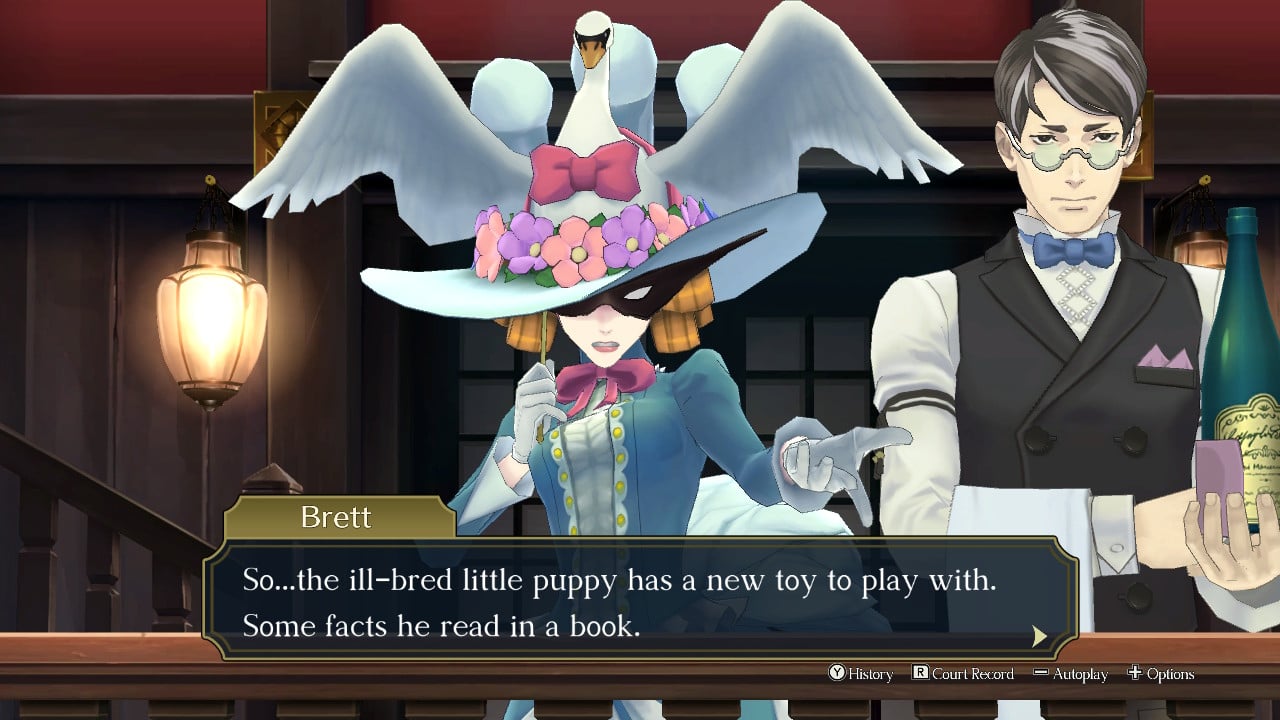
Characters fling snide and hateful comments without care — about how stupid and untrustworthy the Japanese are — and the Japanese cast is forced to endure it because no amount of pushback changes their views.
That’s impressive for a few reasons. Great Ace Attorney excels at creating a sumptuous late Victorian atmosphere, but instead of only romanticizing it, Capcom builds the period’s ugliness into the narrative in a way games rarely do.
Most protagonists that face being shunned do so for reasons connected with their destiny or what-have-you. Naruhodo and Susato, among others, are punished just for existing.
The other noteworthy feat is how easy it would have been to turn the situation into a more controversial one, promoting the kind of intense nationalism that drove Japan’s militarism in the early 20th century and led to its role in global conflict.
Instead, Capcom deftly sidesteps this by staying true to the Ace Attorney spirit. The English aren’t villains for being English, and the Japanese aren’t superior for possessing honor.
True honor comes from pursuing justice at all costs. Of course, a Japanese developer willingly depicting racism against Japanese people isn’t a huge step in itself — not when series such as Yakuza still have problems with representation — but it’s still an important perspective.
You’re never allowed to forget this is how the world views your heroes, but heavy as that may seem, Great Ace Attorney effortlessly balances the solemn parts with the series’ traditional off-the-wall humor.
Great Ace lands its humor without fail, which is something even their predecessors couldn’t always do. Timing, phrasing, word choice, situation — it’s all about a hair’s breadth away from being perfect.
That’s thanks in no small part to the irrepressible Herlock Sholmes, who I also won’t spoil because, frankly, he’s incredible.
Great Ace Attorney’s writing shines outside comedy as well and stands out as one of the best-localized games of the year. Sholmes might steal the show more often than not, but both games sport a strong cast of memorable characters.
There’s great care taken in creating these characters and their world, even down to small touches such as code-switching. Naruhodo and Susato use Japanese honorifics for each other when they’re alone or with other Japanese characters, but swap to English courtesy titles if non-Japanese people are present.
However, there’s one small problem with the writing: Great Ace Attorney has too much of it at times.
It’s a problem that often afflicts adventure games and visual novels, but the issue is when it happens in Great Ace. Extra flavor and context are welcomed when you’re examining evidence or questioning people, not when a case is speeding towards a climax. The games have a habit of belaboring points already established, and one or two cases, especially the very first, seem to drag on just for the sake of it.
The Great Ace Attorney Chronicles Review: The Bottom Line
Pros
- Excellent narrative and storytelling
- One of the strongest casts of characters in the series
- Impressive use of setting
- Much-welcomed changes to the established formula
- Absolutely top-notch writing…
Cons
- … that sometimes goes on for too long
The Great Ace Attorney Chronicles surpasses its forebears and, hopefully, sets the stage for what’s to come. It tells a more intimate and engaging set of stories, refreshes the well-established mechanics with just a handful of new additions, and takes the series’ writing to an even higher level.
Sure, it likes to linger over itself a bit too frequently, but in return, you get a superb set of adventures and storytelling, unlike almost anything else.
[Note: Capcom provided the copy of The Great Ace Attorney Chronicles used for this review.]

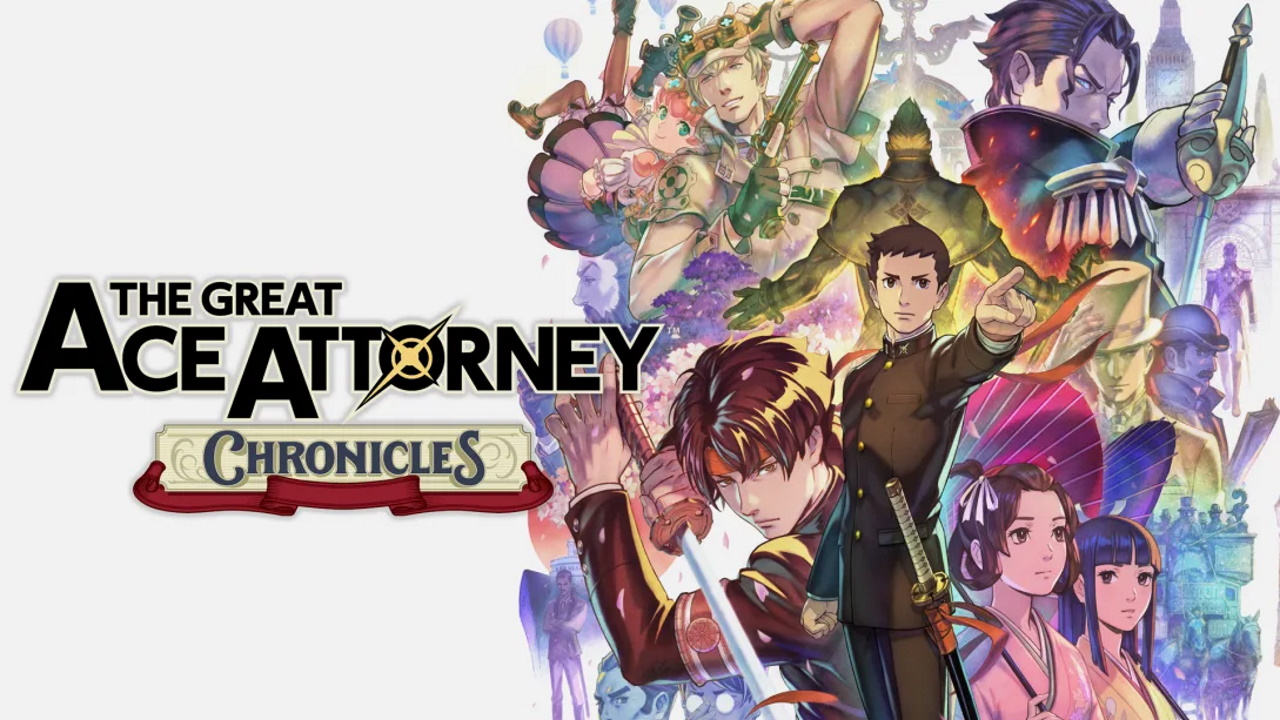
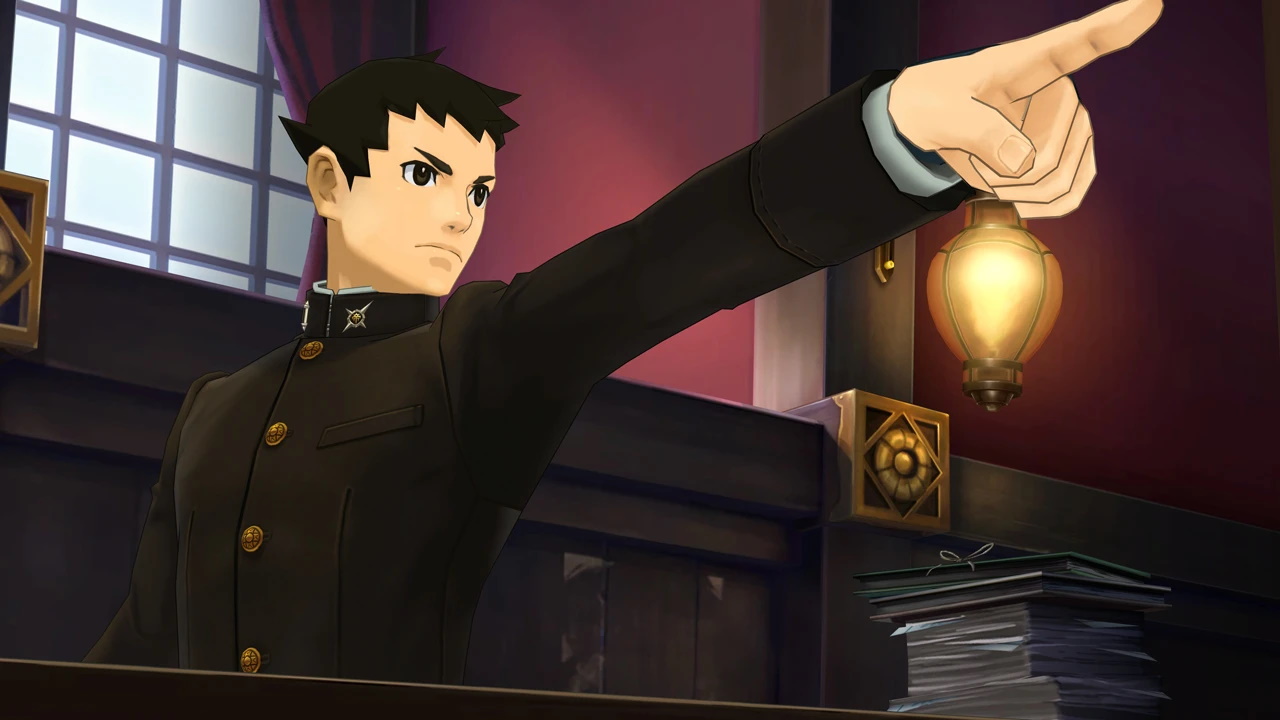
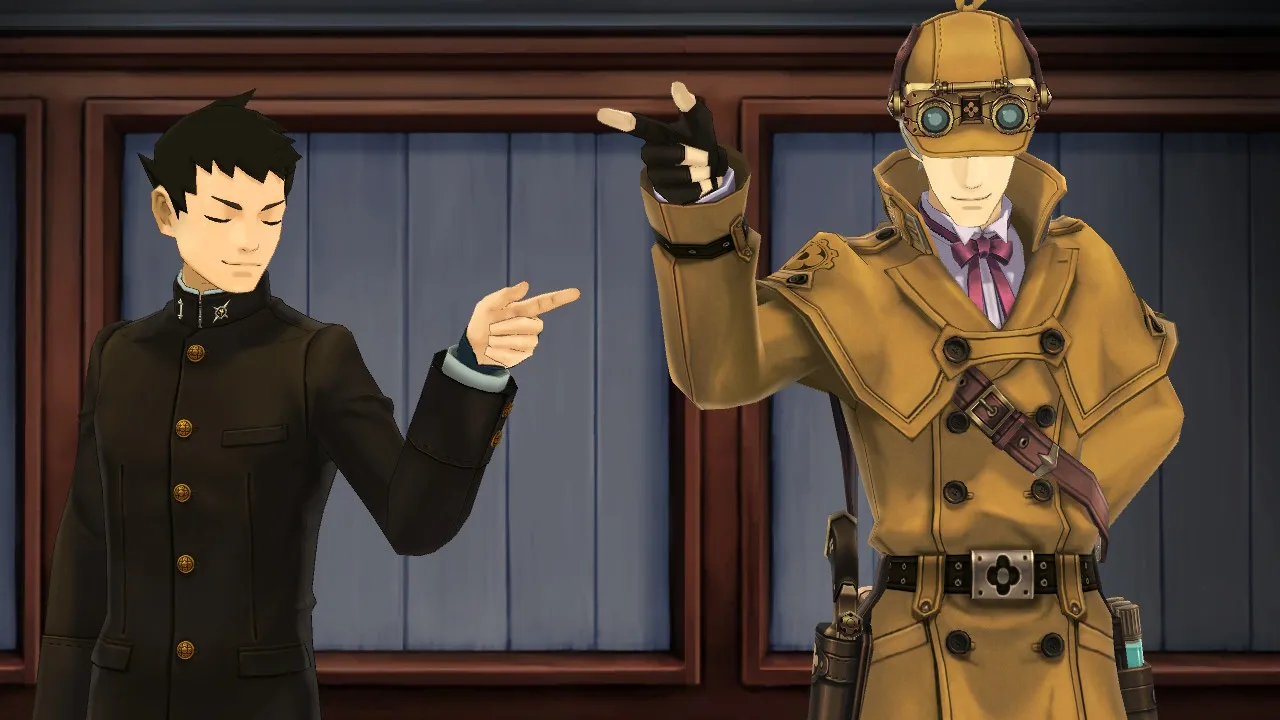
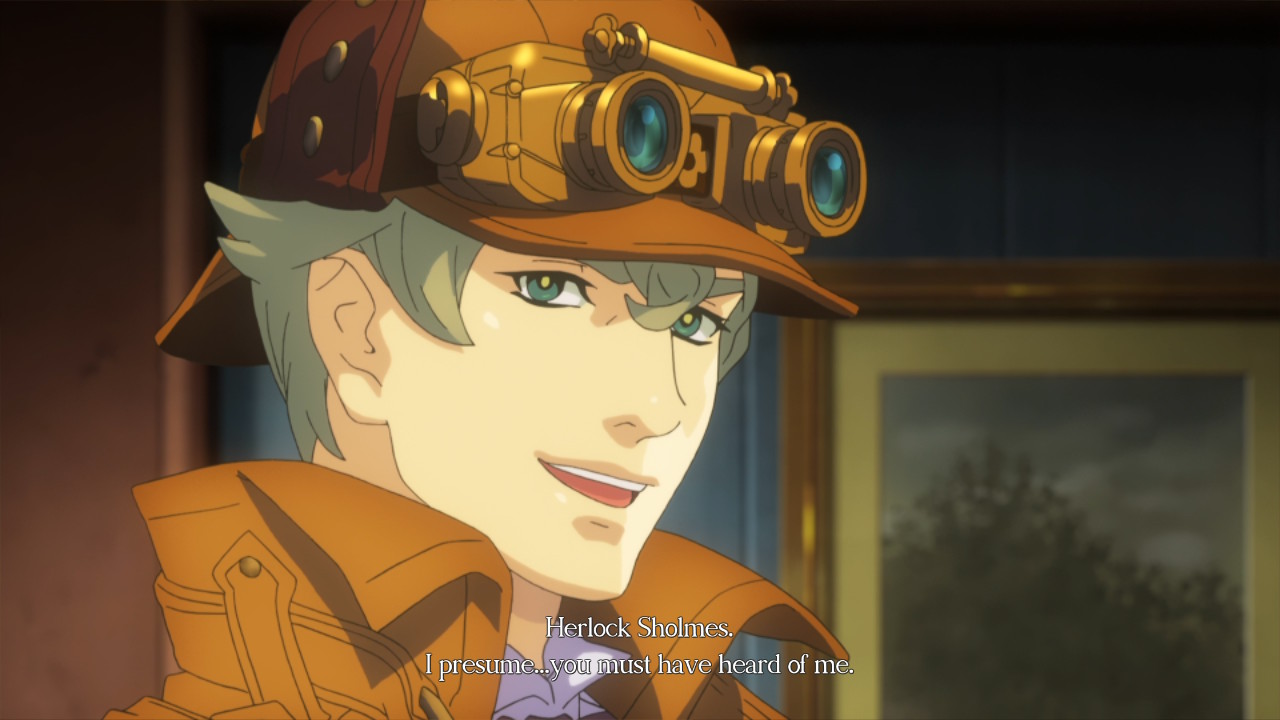
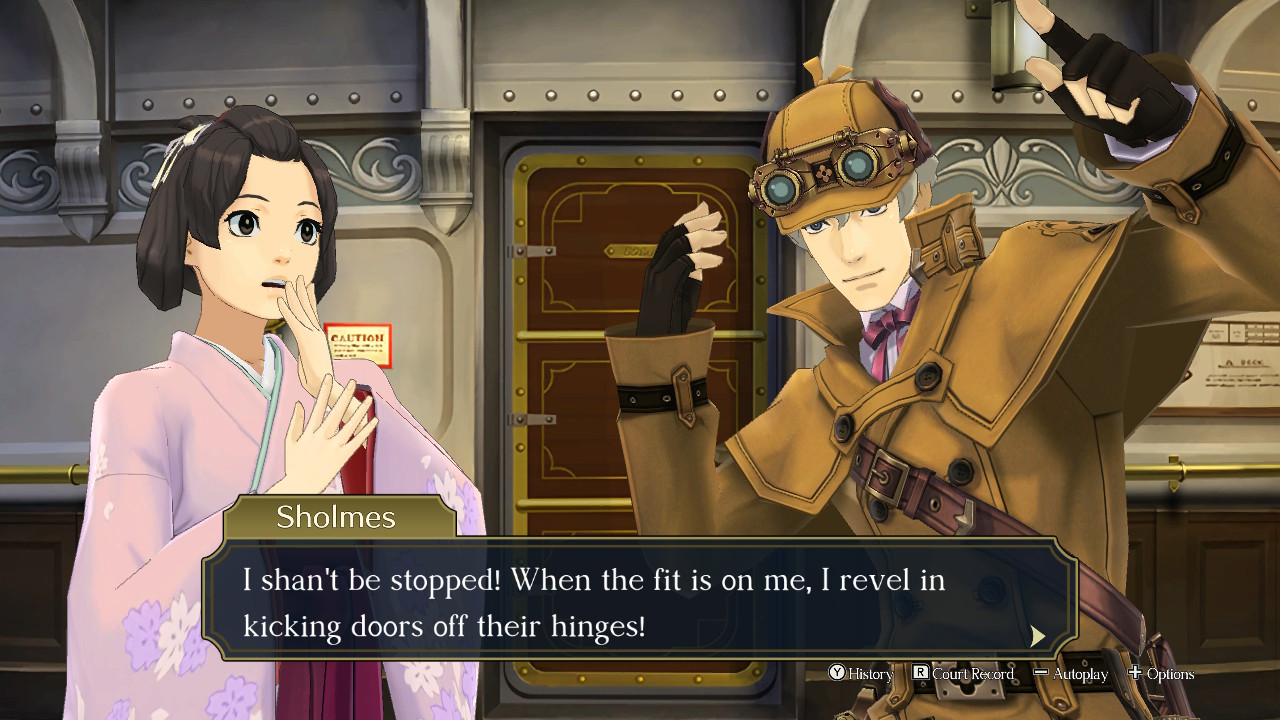
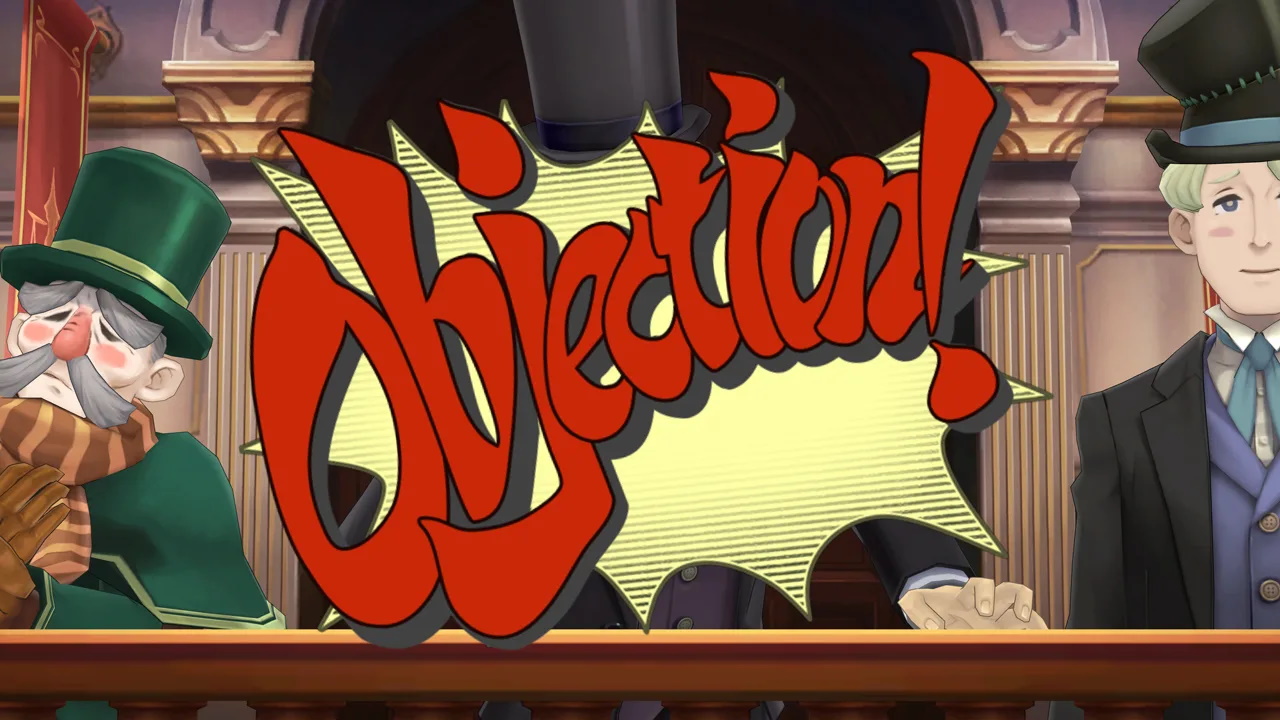





Published: Jul 25, 2021 04:03 pm